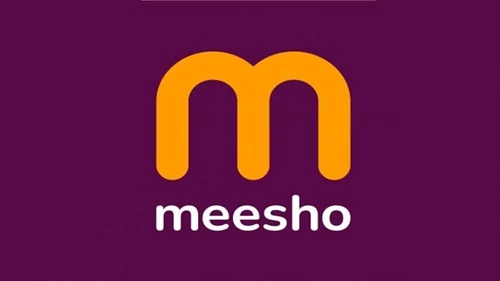Meesho, established in 2015 by IIT Delhi graduates Vidit Aatrey and Sanjeev Barnwal, has emerged as a significant player in India’s e-commerce landscape. Initially conceived as Fashnear, an on-demand fashion delivery service, the platform evolved into Meesho, focusing on enabling small businesses and individual entrepreneurs to sell products through social media channels like WhatsApp and Facebook. By 2025, Meesho’s journey reflects a blend of strategic strengths, inherent weaknesses, potential opportunities, and looming threats.
Strengths
1. Innovative Social Commerce Model: Meesho’s unique approach leverages social media platforms to connect suppliers with resellers, facilitating a low-investment entry point for entrepreneurs. This model has democratized e-commerce, allowing individuals, especially from tier II and III cities, to establish online businesses without significant upfront costs.
2. Extensive Reseller Network: The platform boasts a vast network of resellers, enabling deep penetration into markets that traditional e-commerce giants might overlook. This extensive reach has allowed Meesho to tap into a diverse customer base across India.
3. Robust Financial Growth: Meesho has demonstrated impressive financial performance, with revenue from operations increasing by 33% to ₹7,615 crore in FY24, up from ₹5,735 crore in FY23. Additionally, the company achieved positive free cash flow of ₹232 crore in FY24, marking a significant milestone in its financial trajectory.
4. User-Centric Platform: The platform’s user-friendly interface and support systems have attracted a substantial user base. In FY24, Meesho reported 145 million unique annual transacting users, indicating that approximately 10% of India’s population made purchases through the platform.

Weaknesses
1. Dependence on Social Media Platforms: Meesho’s reliance on platforms like WhatsApp and Facebook for transactions and communications exposes it to risks associated with policy changes or disruptions on these platforms. Any adverse modifications could directly impact Meesho’s operations.
2. Quality Control Challenges: With a vast and diverse seller base, ensuring consistent product quality and authenticity remains a challenge. Instances of counterfeit or subpar products can erode customer trust and tarnish the platform’s reputation.
3. Limited International Presence: While Meesho has established a strong foothold in India, its international expansion is limited. This focus on the domestic market may restrict its growth potential compared to global competitors.
Opportunities
1. Expansion into Emerging Markets: With increasing internet penetration and smartphone usage in rural and semi-urban areas, Meesho has the opportunity to further expand its reach, bringing more small businesses and consumers into the e-commerce fold.
2. Diversification of Product Offerings: By broadening its product categories and collaborating with established brands, Meesho can attract a wider audience and increase its market share. Introducing premium product lines or exclusive collaborations can cater to diverse consumer preferences.
3. Technological Advancements: Investing in advanced technologies like artificial intelligence and machine learning can enhance user experience, optimize supply chain management, and improve fraud detection mechanisms. Such innovations can provide a competitive edge in the crowded e-commerce landscape.
Threats
1. Intensifying Competition: The e-commerce sector in India is highly competitive, with established players like Amazon and Flipkart continually innovating and expanding their services. New entrants and existing competitors pose a constant threat to Meesho’s market position.
2. Regulatory Challenges: Evolving government regulations related to e-commerce, data protection, and consumer rights can impact Meesho’s operations. Compliance with new laws may require operational adjustments and could increase operational costs.
3. Cybersecurity Risks: As an online platform handling vast amounts of data, Meesho is susceptible to cyber threats. Data breaches or security lapses can lead to financial losses and damage to the company’s reputation.
Conclusion
As of 2025, Meesho stands as a testament to the potential of social commerce in India. Its innovative model has empowered countless entrepreneurs and brought e-commerce to the fingertips of millions. However, to sustain and enhance its position, Meesho must address its weaknesses, leverage emerging opportunities, and proactively mitigate potential threats. Strategic investments in technology, diversification, and robust quality control measures will be pivotal in navigating the challenges and capitalizing on the prospects that lie ahead.














